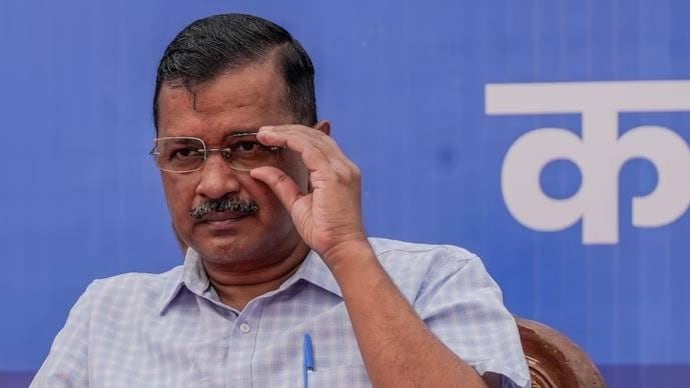Delhi Chief Minister Arvind Kejriwal has dismissed claims of “poaching” by the Bharatiya Janata Party (BJP), stating that while there is interest from the BJP to bring his party into their fold, the Aam Aadmi Party (AAP) remains firm in its decision not to join hands with the ruling party.
In response to the alleged attempts by the BJP to lure AAP members, Kejriwal affirmed his party’s commitment to its independent political stance. He conveyed that the BJP desires their collaboration, but the AAP has no intention of aligning with them. This statement reveals the intricate dynamics at play in Indian politics, where parties often engage in strategic moves to expand their influence and form alliances.
Kejriwal’s assertion indicates the significance of AAP as a political force that draws attention from other major players. The term “poaching” implies a deliberate effort to attract members from one party to another, a common occurrence in the competitive landscape of Indian politics.

SOURCE:- India Today
The refusal to join the BJP underscores Kejriwal’s determination to maintain autonomy for the AAP. It aligns with the party’s narrative of being an alternative force, distinct from the traditional political establishments.
Source:- Times of India
This statement also sheds light on the broader political landscape, where regional parties play a crucial role. Kejriwal’s refusal to align with the BJP signals a commitment to regional interests and a willingness to challenge the dominance of national parties in specific territories.
As the political scenario unfolds, the BJP’s pursuit of AAP and Kejriwal’s firm stance against it may have implications for coalition dynamics, especially as political strategies and realignments continue to evolve. Kejriwal’s position on not succumbing to external pressure reflects a commitment to the principles and values of his party, and it will be interesting to observe how this narrative shapes political discourse in the coming days.
Share your views in the comments

